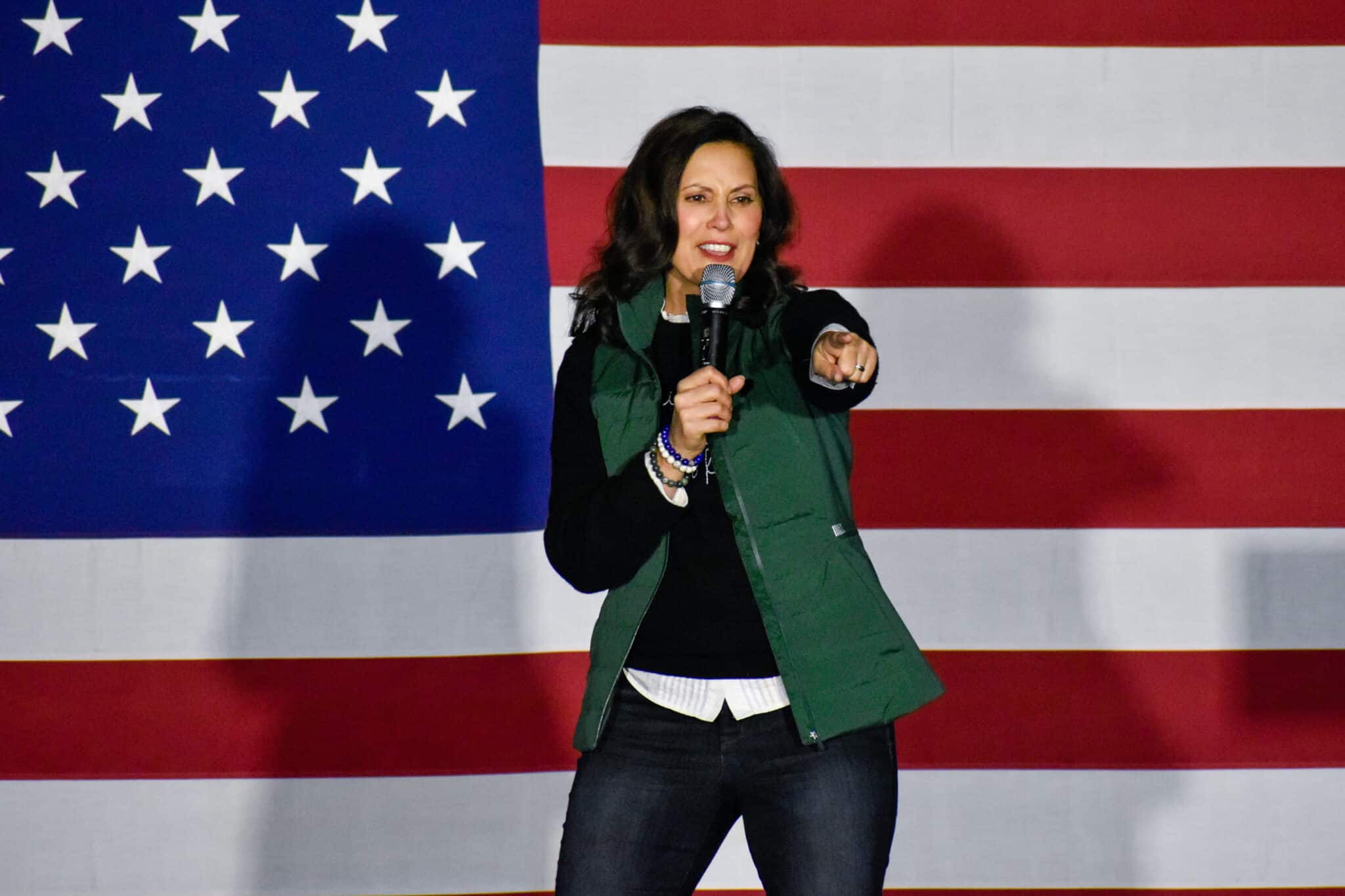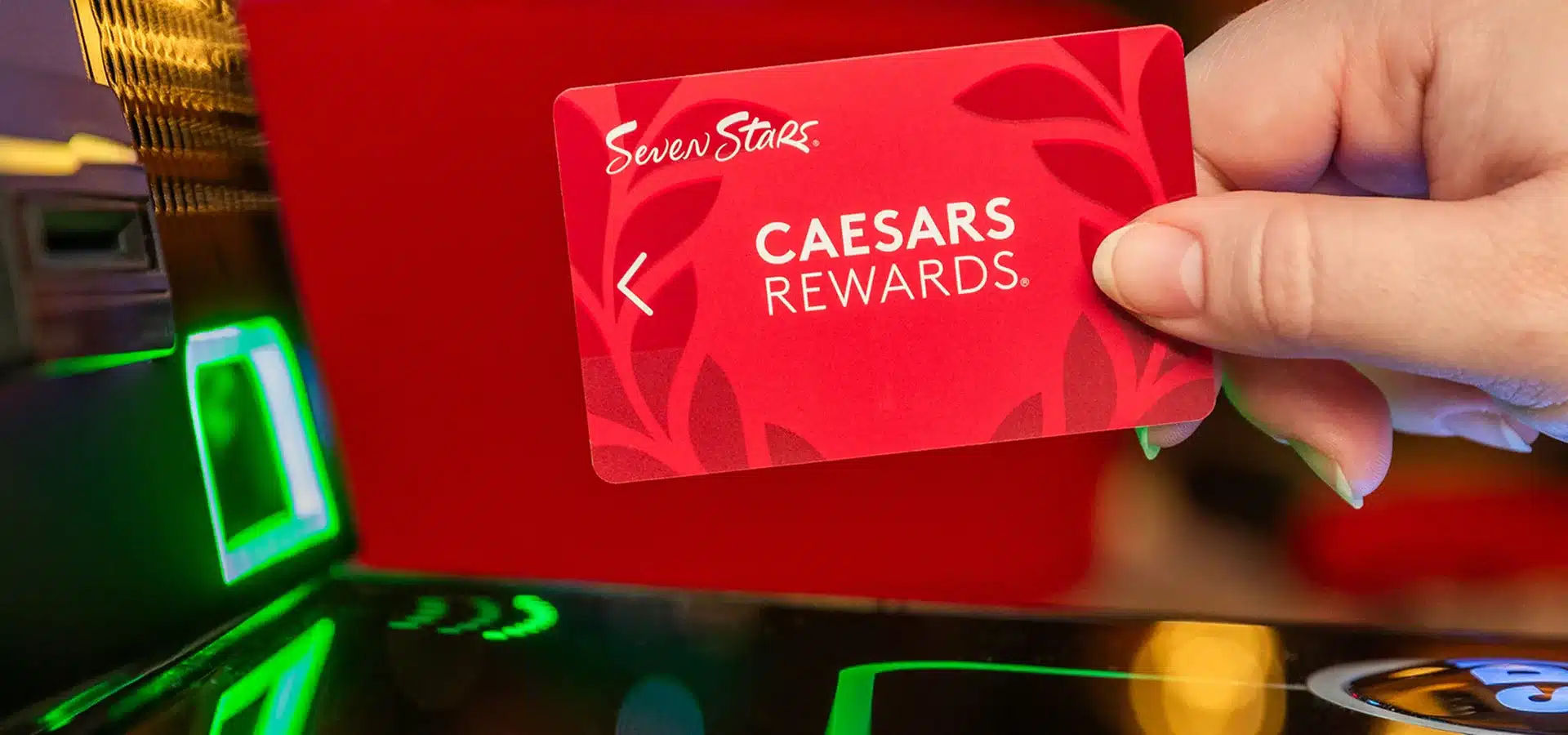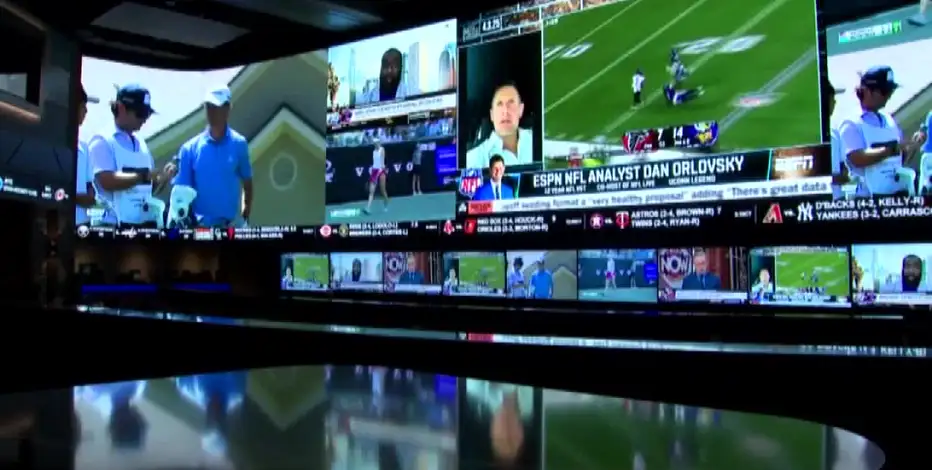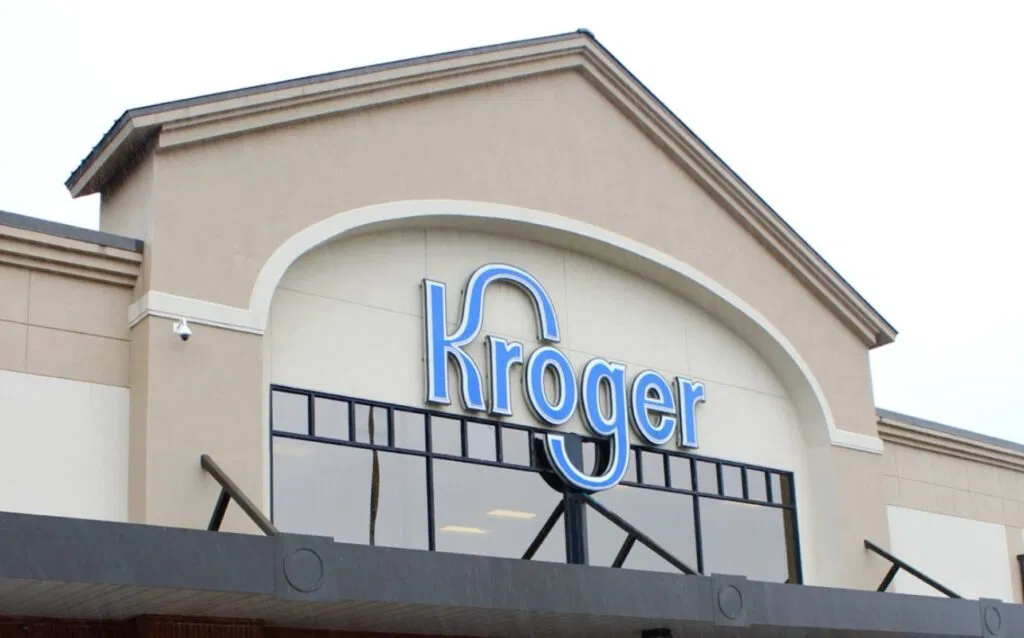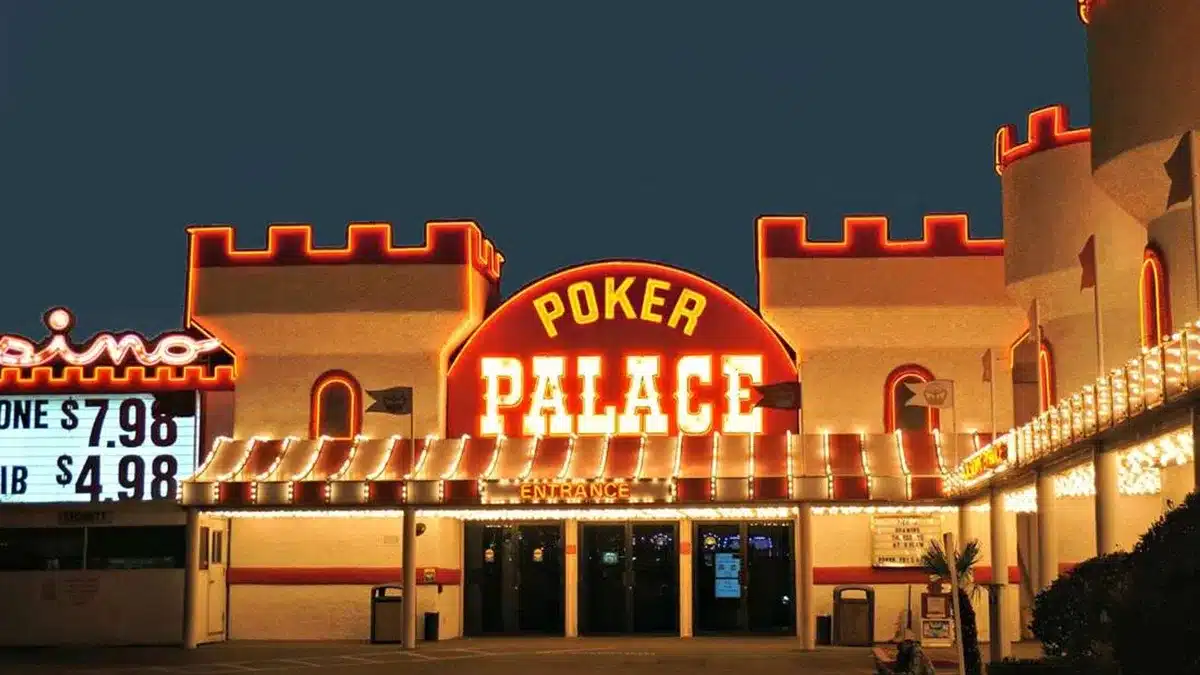
Why Ontario has become so popular among online gaming operators
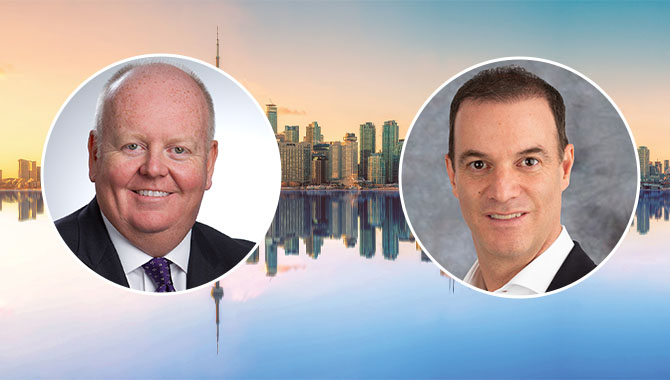
Ontario has become a magnet for online gaming operators and suppliers following the launch of a new regulatory regime in April 2022, dubbed the ‘Ontario Model’ by some. Gaming America spoke with Canadian Gaming Association (CGA) President & CEO Paul Burns, and SVP, Canada of The Innovation Group Kevin Dennis, to learn more about how this new regulation has developed over the last year and a half.
Paul, remind us of the CGA’s remit?
Paul Burns: The Canadian Gaming Association is a national trade association representing operators and suppliers in Canada’s gaming industry, both land-based and online.We work with governments and regulators to inform gaming policy across Canada, recently working with Ontario as it established a regulated market for online gaming in the province, as Canada’s first jurisdiction to do so.
What is the ‘Ontario Model’ and how does it differ from regulation in the other nine Canadian provinces?
Kevin Dennis: The Ontario Model includes a variety of key attributes that have attracted a significant number of private iGaming operators. For example, the province (which also self-operates iGaming under the Ontario Lottery & Gaming Corporation {“OLG”} similar to all other provinces across Canada) introduced a practical approach to regulation, introduced sensible standards, a reasonable tax rate and did not limit the number of registrants that could enter the market.
This approach has led to a commercially attractive regime for iGaming operators, delivering more money to the province and creating choices for customers, all while being supported by strong responsible gaming standards. In addition, a significant component of iGaming has moved away from the grey market into a properly regulated environment.
Is there anything about Ontario in terms of history, culture or society that has made it more gambling friendly?
PB: There are a few things. Canada has a very high adoption rate of technology. Smartphone penetration is very high, as is access to high-speed broadband Internet. So we’ve had the attributes that go with that. The interesting part is Ontario was never the highest, in terms of per capita spend, gaming jurisdiction in the country. Part of it was, I think, due to access to product. In other cases, it was due to the size and diversity of the population; Ontario has the largest province population, 15.5 million people. For whatever reason, it wasn’t one of the strongest.
What we saw was a recognition that the grey market had penetrated Canada. Ontario also has history in the iGaming space from legacy companies like Cryptologic and Chartwell. There’s an affinity for technology. We also get a lot of advertising spillover from the US. We see a lot of North American sports, so there was always awareness of the need [for regulation] before the sports betting laws changed in Canada. I think we’ve had good offerings in a nice, competitive marketplace.
In the last year and a half since the new regulation regime, what has change looked like and what does it look like now?
PB: Canadians have had unrestricted access to online gaming since the internet’s inception. I used to refer to it as a semi-mature market, because operators were here. Some companies have been here for close to two decades. But creating a regulated environment was important to creating a level playing field for the current gaming operators here in Ontario and Canada. Obviously, something that we, as an industry association, have long advocated for is regulated gaming.
What changed? It brought a lot of the North American operators into the marketplace in Canada. The market was obviously dominated mostly by European offshore brands, outside of North America. What we’ve seen is a strong level of interest because Ontario is North America’s only open license jurisdiction. Anybody is free to apply and be licensed. The regulatory regime is one that was developed through plenty of consultation. It took into account global best practices and put that together with a reasonable revenue-share model at 20%. It was allowed to be very attractive and inviting. The Government had two objectives going in; greater consumer protection and protecting consumer choice. What we saw in the first year was 45 companies launching and, by the end of the first year, 76 sites. There’s now over $1.4bn in gaming revenue. There was a very reasonable entry period for grey-market operators to transition to a regulated market. So no one had to leave. They could transition over. It was very inviting and met one of the Government’s objectives.
That’s been exciting. Plus, we’re still seeing new entrants applying for a license. It’s a very competitive marketplace. There were some features of the regulatory regime that helped protect that competitiveness. One in particular was there is no bonus incentive permitted in mass-market advertising. So, operators are free to offer bonuses and incentives only once people sign up. But it wasn’t a mainstay of the advertising feature, which we saw a lot of in the US. There’s a very big difference. Where you have a market dominated by three or four players in the US, that’s still predominantly a sports betting market, Ontario’s brought everything. It was tremendous and the right thing to do. All the conditions were set to make it a very inviting jurisdiction and industry came. I think customers have a tremendous amount of choice in the marketplace, and it’s kept it competitive and vibrant.
Is the Ontario Model comparable to the regulation seen in any of the US states? If not, what does the Ontario Model implement/offer that is different?
KD: While Ontario’s model for internet gaming through private gaming operators is unique in the Canadian context and the legacy model under OLG, it does have some similarities to the US “license-and-tax” system. For example, private gaming operators pay a percentage of their gross gaming revenues to iGaming Ontario and they have executed operating agreements. However, unlike the US models, Ontario is an open-license model which allows an unlimited number of online casinos.
PB: I think the regulatory regime is fair. It’s an outcome standards-based approach from the Alcohol and Gaming Commission. It probably looks more like a European jurisdiction than it would to any other North American jurisdiction.
If an established operator or supplier from Europe or Asia intended to make their debut in the North American market, what reasons would they have to debut in Ontario as opposed to a US state?
KD: As mentioned previously, since Ontario is an open-license model, allowing an unlimited number of online casinos, there is an opportunity to ‘test the waters’ in Ontario that can’t necessarily be duplicated in any other jurisdictions. But again, while the cost to enter may be lower, the competitive nature in the province is fierce due to the unlimited number of iGaming operators.
PB: There’s also diversity in the marketplace. We have a very culturally diverse population; for example Ontario has one of the largest collections of Indian immigrants to Canada, and the same from parts of Southeast Asia. People say, ‘Hey, can I create a site that caters to a certain cultural demographic?’ or sites that have targeted female players. There’s freedom to do that in the marketplace with a $100,000 annual licensing fee and a 20% revenue share. The barrier is not high for entry. I think the large, diverse population has provided a great opportunity in a market that’s one of the largest in North America.
For international operators/ suppliers wanting to launch in Ontario, what are some research points they will need to undertake before taking the plunge?
KD: I keep coming back to the competitive nature of the province. You have private iGaming operators that were here before it was a regulated market; you have US-brand gaming companies including MGM, Caesars and Penn, as well as FanDuel and DraftKings; established European companies; new Ontario-based entrants and many others. And you also have OLG competing in the market. In addition, new operators/suppliers will want to be familiar with the iGaming Ontario regulatory requirements around advertising, AML, compliance and responsible gaming among others.
PB: The fact that it’s a full gaming jurisdiction, there’s sports and casino products and live dealer etc, nothing is left out. There’s a nice suite of products for everybody to work from that you do not see in all parts of the US or various other jurisdictions. We start from that and that’s why it’s different. But I think it’s also the ability to compete in a marketplace that creates as best a level playing field as one can for operators to succeed. I’ve heard from operators that actual bonus incentives in the marketplace aren’t that high and it’s not always a key driver for every customer. Customer service, ease of payment or signing up are driving a lot of success factors for operators.
It’s still a marketplace. From a sports betting point of view there’s a lot to learn; in terms of diversity I still think there’s a lot of room to educate and grow that marketplace. We’ve seen some success with sites being able to attract first-time sports bettors and female players, to what has traditionally been male dominated. There’s success available for companies with the right message and the right opportunities. But it’s now highly competitive with that number of sites and operators in the marketplace. I wouldn’t say it’s crowded, but it’s comfortably cozy.
As we come closer to wrapping up year two of the Ontario Model and enter 2024, what do you expect to see going forward?
KD: As we close in on ‘Year 2,’ what has been noticeable are those companies that have now departed Ontario, including Coolbet and Kindred Group in 2023. Again, it is a very competitive market. There are almost 50 licensed iGaming operators in Ontario. While new entrants will still come to Ontario, we can expect additional players to exit in 2024 and beyond as the market settles.
PB: This is an important year for the overall strength and test of the model in the sense that we had a gradual increase of operators in the market through the first year. It was 17 sites and 12 companies on day one, and has grown to where it is today. So I think now it’s a test of the staying power of the marketplace. Is it right for people? Can they be competitive and profitable to stay in the marketplace? That’s where we, as an association, are cognizant of the compliance costs and making those decisions about entering markets, evaluating markets and whether they choose to stay. This year will show how the market can continue to develop. But there is obviously some growth left in Ontario, so I think this will be a very important year.
Amanda Foster writes from a design-first perspective. Her background in creative writing shapes how she approaches both games and iGaming platforms, with close attention paid to pacing, presentation, and how systems guide player behavior. After entering digital media through independent criticism, Amanda built a reputation...
Players trust our reporting due to our commitment to unbiased and professional evaluations of the iGaming sector. We track hundreds of platforms and industry updates daily to ensure our news feed and leaderboards reflect the most recent market shifts. With nearly two decades of experience within iGaming, our team provides a wealth of expert knowledge. This long-standing expertise enables us to deliver thorough, reliable news and guidance to our readers.

